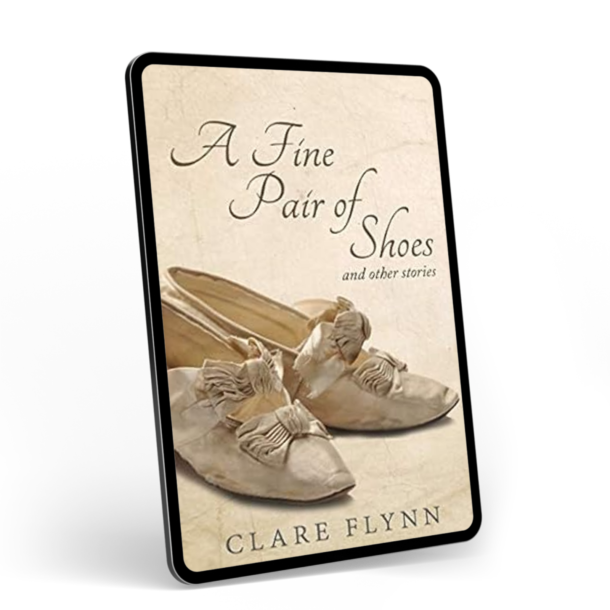The main character in my novel, A Greater World, is effectively won in a game of poker, after her desperate father uses her as a stake. Poor Elizabeth Morton has to go through what amounts to a forced marriage when all her options run out. Someone asked how I’d come up with the idea?
I haven’t a clue where it came from – it’s certainly not based on experience. I just asked myself – how would she cope if her father gambled her away? Why would he do it? And why would she go along with it? We’re not talking about a cruel and oppressive upbringing, religious or cultural constraints – until then Elizabeth had a close and affectionate relationship with her father. So what would it take to get him to do such a terrrible thing – and for her to accept her fate?
In 1920 women over thirty had the right to vote (Elizabeth was only twenty-eight) – one of the only positive consequences of the First World War. Elizabeth lost her fiancé in the early years of the war and, like many women of the time, had reconciled herself to spinsterhood. This was a fate she embraced readily – living in the family home she had grown up in – and contributing to the household expenses and her own amusement by teaching the violin. Her family had always been prosperous – her father having had a coffee import company and she was able to indulge herself by frequent trips to concerts, plays and the tennis club. A privileged life – and not one she would be prepared to give up to move to Australia and marry a stranger.
The lot of women in 1920, while slowly improving, was far from what we have today – marriage was still legal for 12 year old girls and equal voting rights with men was only achieved in 1928. Women were shaking off the constraints of dress – clambering out of their corsets and shortening their skirts and their hair and working was becoming more acceptable – even though many women employed during WW1 had to step aside when the men came back from the front to reclaim their posts. 1920 was the year that women were finally permitted to become lawyers and accountants and the first ever women jurors were sworn in. Australia should have been a more benign environment – it was the first country in the world to grant equal rights but emancipation is about more than voting rights. Looking at Australia today with arguably one of the most misogynistic prime ministers in the developed world it’s difficult to say that the country has come a long way culturally along the road to feminism.
So what makes Elizabeth follow her father to Australia and agree to marry a complete stranger? You’ll have to read the book to find that out.


0 Comments